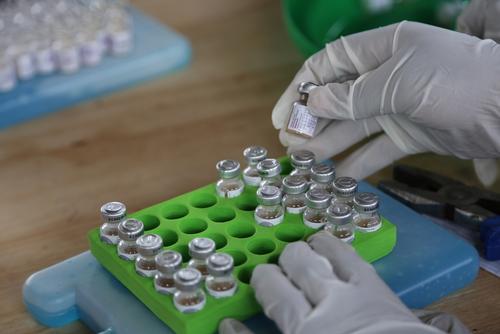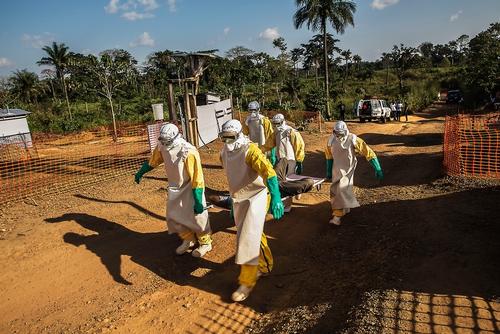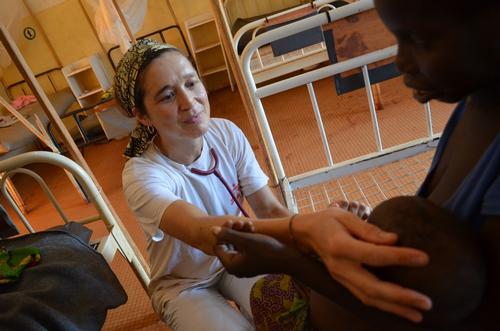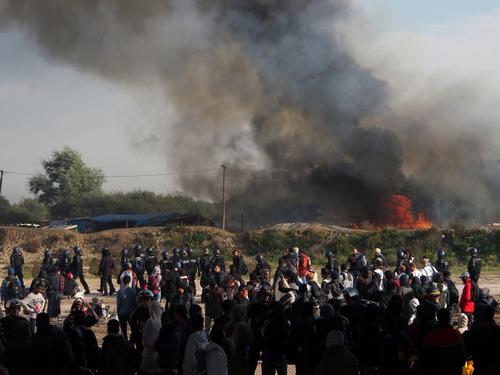Ise-Shima, Japan – MSF is encouraged by commitments on health from the G7, and the acknowledgement that the current system of research and development is failing to deliver innovation and access to medicines and vaccines for people around the world. Yet MSF is disappointed that the solutions proposed by the G7 will not address these failures head-on, and the barriers to access to affordable medicines which they create.
“The laudable aim of universal health coverage is going to be severely hamstrung without investing in approaches to research and development that encourage patients’ needs-based innovation and are not dictated by the perspective of high market profit,” said Jeremie Bodin, General Director of MSF Japan.

“The G7 declaration supports new investments in research and development, but does so without ensuring such innovation, for example for new antibiotics, will safeguard access. The G7 has identified access to medicines as a concern, but supports free trade agreements, such as the Trans-Pacific Partnership, which is the most harmful trade agreement ever negotiated as related to access to medicines. We hope that by September, Ministers will focus on promoting approaches to innovation that guarantee access to affordable medicine.”
The other commitments from the G7 leaders to strengthen response to public health emergencies were encouraging; MSF looks forward to these commitments being immediately translated into concrete steps to improve healthcare for affected populations.
“Supporting WHO reforms and international funding mechanisms, such as the Contingency Fund for Emergencies, is a positive outcome from the summit, but we need to see words turn to action,” said Bodin.
“The commitment to offer assistance to 76 countries and regions in prevention and preparedness against public health emergencies is also good to see, as well as G7 backing for the newly created WHO Health Emergencies Program. We look forward to seeing real progress between now and the next summit in Italy.”
Notes to the editor:
*G7 countries: Canada, France, Germany, Italy, Japan, United Kingdom, and United States of America





